Alternative Breaks Offer Unique Educational Perspectives Focused on Community and Justice
The Bennion Center on campus in the A. Ray Olpin Union building in Salt Lake City on Oct. 22, 2022. (Photo by Jack Gambassi | The Daily Utah Chronicle)
February 14, 2023
During last fall break, while many students were seizing the opportunity to sleep in, Alondra Morales, a third-year health, society and policy major, was traversing the slot canyons of San Rafael Swell in southern Utah. The hike wasn’t just part of a quick vacation with friends — it was the community-building portion of one of the Bennion Center’s alternative breaks.
Grace Hymel, alternative breaks program coordinator at the Bennion Center, said the program “provides justice-based experiential learning for students over fall, spring break and some weekends.”
Each group on an alternative break travels to a host community in the western United States and focuses on a specific social or political topic, such as immigration, substance abuse or environmentalism while engaging with their host community.
“They spend the week or weekend learning about that topic by doing direct engagement with community partners and community members, education around the historical, social and political context of the topic that they are addressing, and doing reflection,” Hymel said.
The alternative break Morales went on in the fall was First Gen., Community and Nature at San Rafael Swell. This break was explicitly designed for first-generation college students, and the goal was to “build connections with Utah Lands through challenging outdoor recreational activities and environmental conservation projects,” according to the alternative breaks website.
Building community is another one of the goals of alternative breaks, Hymel said, adding it allows students to meet others who are “similarly interested” or whose “values align.”
Morales said she was able to meet similarly-minded people on her break that she otherwise would not have.
“I was able to work more with first gen people with similar identities as me, and it just allowed a foundation of understanding one another and building that connection with each other,” Morales said.
The program’s main objective, however, lies outside the students themselves and in the communities they visit. Hymel said the alternative breaks attempt to “engage students in deeply educational experiences that are focused on justice” and to engage and learn in community with the people in the host communities, who are “doing good work, and who are experiencing those issues firsthand.”
Hymel added that all students should consider doing an alternative break because “we all have a responsibility to do the best that we can by our communities.”
She added students are in a unique position to assist host communities because they are already a temporary part of the community where they attend college, and they can carry that perspective to their alternative breaks.
“I think it’s important for people and students to identify what their spheres of influence are and recognize that ultimately, the things that are affecting the communities that we’re a part of affect us as well, even if that’s in different ways,” Hymel said.
Morales agreed that every student should consider an alternative break because of the experience it will bring to them personally.
“It’s a great way to just maximize your spring break or fall break and educate yourself and reflect and work with communities and work in solidarity with them,” she said.
She added it would allow students to “grow in ways that you didn’t think you would be able to grow.”
Ultimately, Hymel believes the most valuable thing an alternative break will bring to the students who go on it is renewed perspective.
“I want students to be able to take that perspective in and recognize, you know, that they have power and that they have value to bring and add and that the social issues that we’re talking about are really urgent and important that we all address,” she said.
As for Morales, she’ll be going on another alternative break this spring, dealing with immigration, a topic close to her heart as she’s part of a mixed-status family. Still, she keeps returning to those slot canyons in San Rafael Swell, saying they have become a metaphor for being a first-generation student.
“It was kind of difficult to navigate, but we had one another to support one another,” she said. That is why she believes students should go on alternative breaks — they never know what perspective they will come back with.


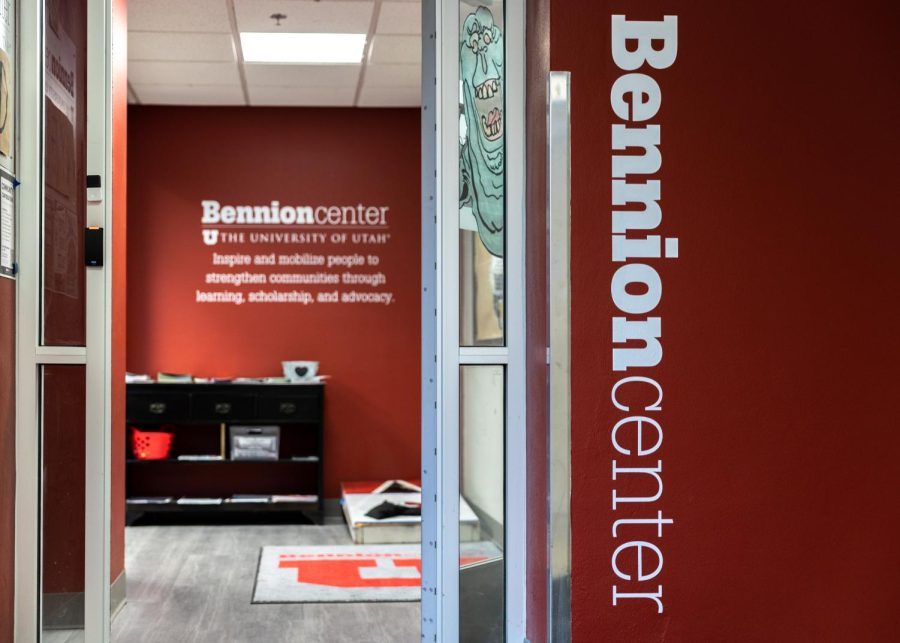

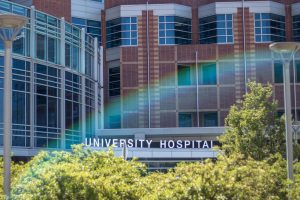
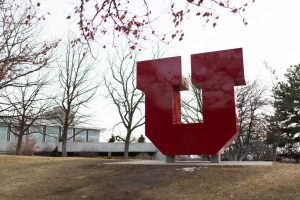
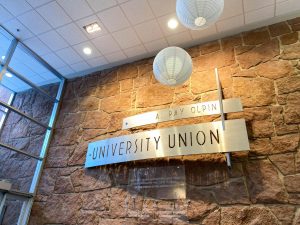
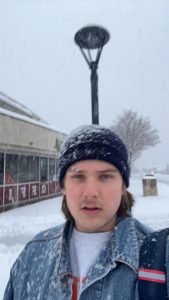




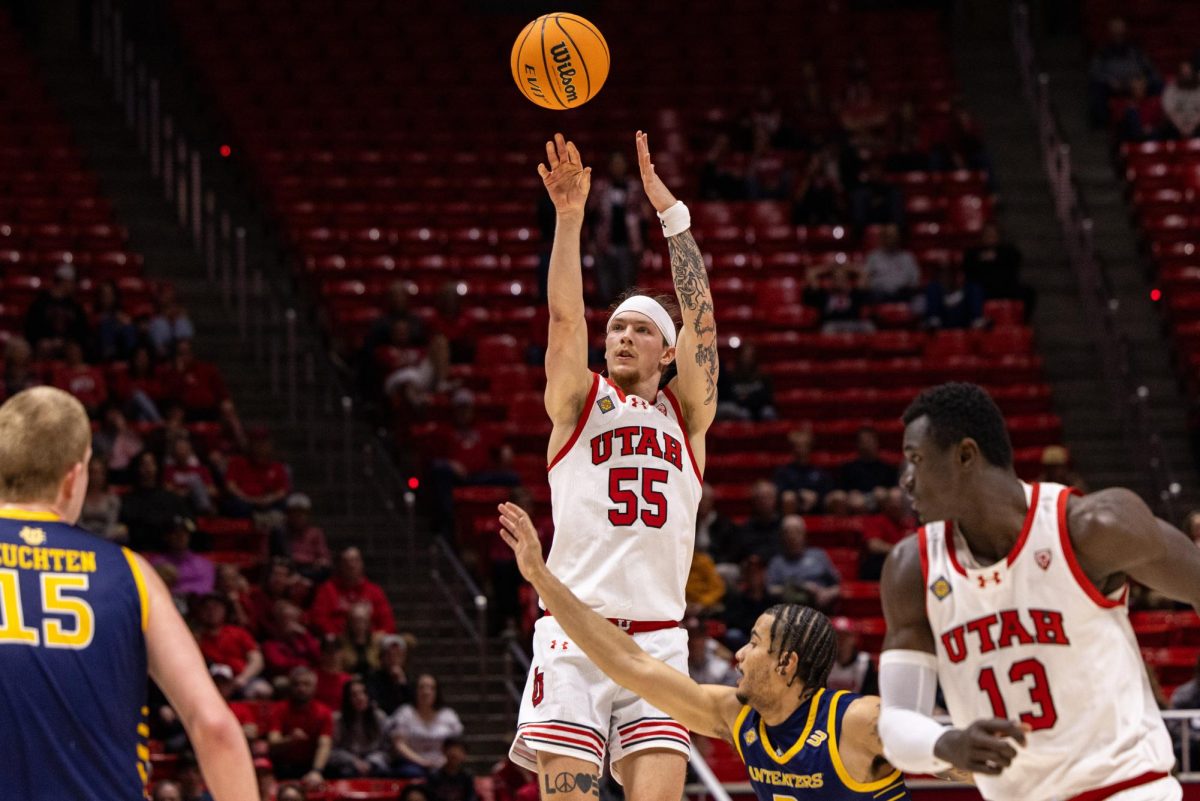
patrick shea • Feb 17, 2023 at 8:55 pm
I hope everyone associated with the Bennion Center will remember Irene Fisher, one its founders. A remarkable leader in getting the Academy to focus on applications of the theorical, particularly to underserved populations. A remarkable woman, and a real leader/model for those seeking justice.